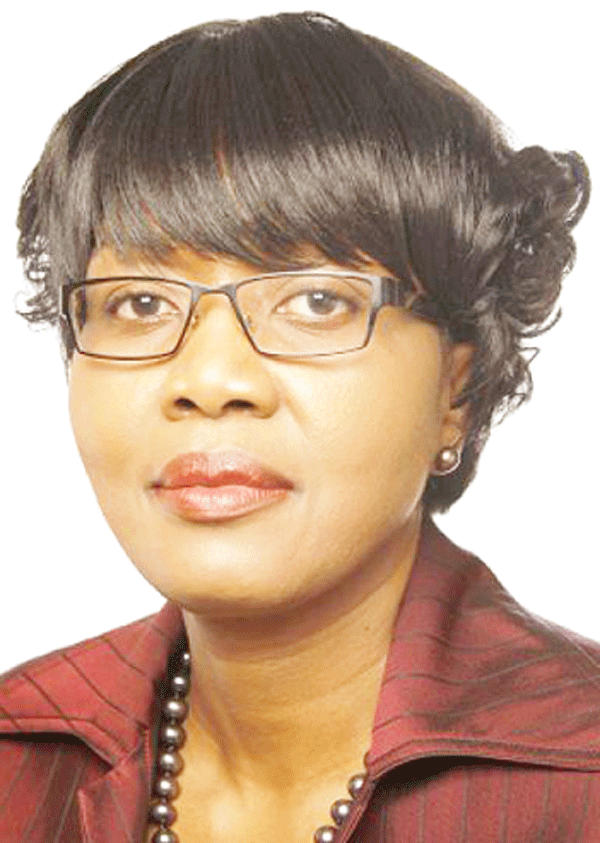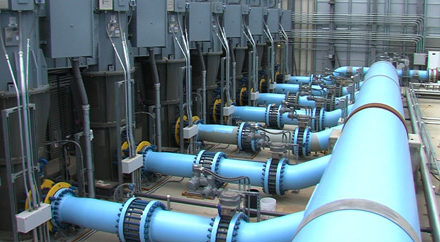
Gender equity vital to sustained growth

Prime Minister, Hon. Dr. Saara Kuugongelwa-Amadhila said that distributive policies are needed for women to share in the growth of the economy.
During the courtesy visit by the Mali Prime Minister, Modibo Keita, in Windhoek this week Kuugongelwa-Amadhila said that if women are to share in the growth of the economy, the issue of gender equity will have to be more firmly integrated into all government national plans, policies and strategies. In addition, economic growth and development both depend on the way society deals with vested interests of advantaged groups and social inequalities in their country.
“I firmly believe that women’s empowerment and economic development are closely related. On the one hand, development itself will bring about women’s empowerment. Empowering women, will bring about changes in decision making, which will have a direct impact on development,” she said.
Kuugongelwa-Amadhila said that inequity and inequalities stand in the way of many nations reaching their full potential. “Inclusion and equity are good things in their own right, but they also have significant development spin-offs in offering the opportunity to overall success,” she added.
She stressed that gender equality is more than a goal in itself. Making it possible for meeting the challenge of reducing poverty, promoting sustainable development and building good governance.
Economic development should be that Economic growth through economic development is not only about achieving a high rate of GDP growth.
On the issue of inclusiveness the Kuugongelwa-Amadhila sees it as the most important factor in a sustaining the development process, mentioning how we are rudely reminded of this important fact in an increasingly uncertain global environment.
“We must be people-centred in crafting our developmental policies otherwise they will not stand the test of time,” she said.
In this regard, she said that national ownership and leadership take centre stage in a people-centred development model as today’s leadership requires an in-depth understanding that our destiny as an emerging market economy is linked to leadership capabilities.
“The economic challenges we face, as well as the untapped opportunities, require a higher level of energy and a new set of insights from leaders,” she said.
Meanwhile, as the regional economy registers sub-optimal growth, the need to develop strong managers and leaders who are prepared to deal with complexities in this uncertain terrain has become more urgent. Kuugongelwa-Amadhila sees urgency in the role of good leadership and management is a key ingredient for sustainable development, growth and prosperity of our region. “We are living in tough times, and the need to acutely improve leadership and management capabilities and to help create more ambitious, resilient organisations has become more urgent. We need leaders who are able to respond to the current economic slowdown and tackle challenges head-on,” she added.
“With the understanding that executive leadership is critical for organisational acceleration, it goes without saying that it is, therefore, essential that business schools and businesses collaborate to create executive education programmes, which will equip managers with the right skills and tools to flourish and lead organisations into the future and contribute towards growth and social welfare,” she concluded.










































